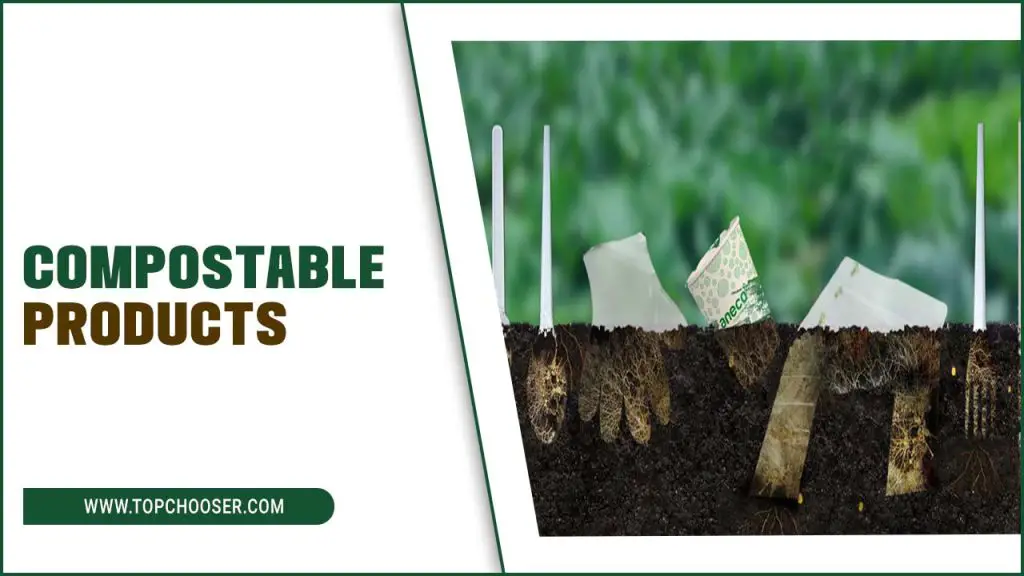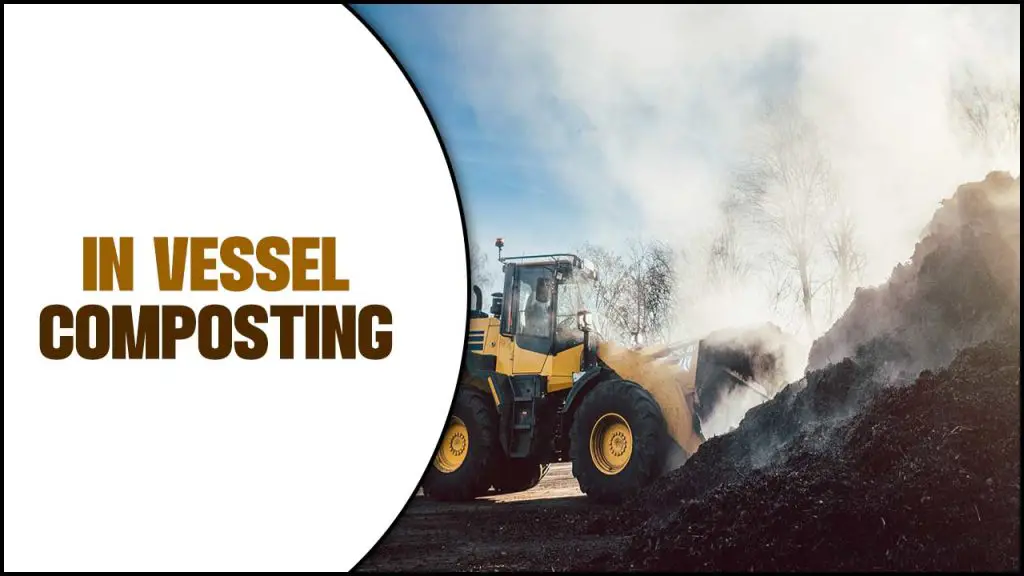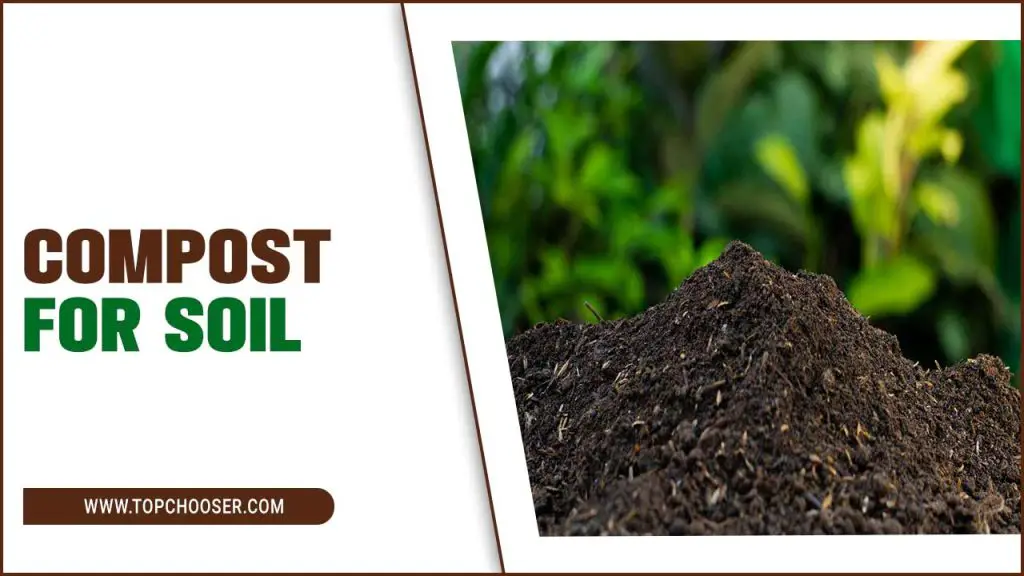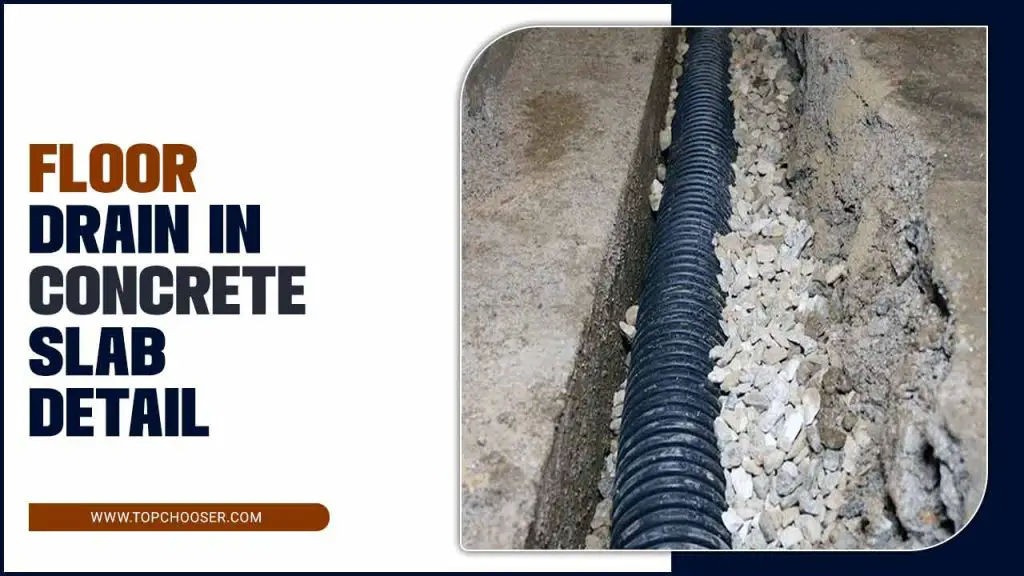As the world grapples with environmental challenges, there is growing awareness of the need to reduce waste and adopt more sustainable consumption habits.
One approach that has gained popularity in recent years is compostable products. These products are design to break down into natural materials that can fertilise soil rather than end up in landfills or polluting our oceans. However, many people are still unsure how to use these products effectively.
That’s why we’ve put together this guide to help you understand this product and how to use it daily. We’ll cover everything you need to know about these products. We will give you some steps to help you use this product.
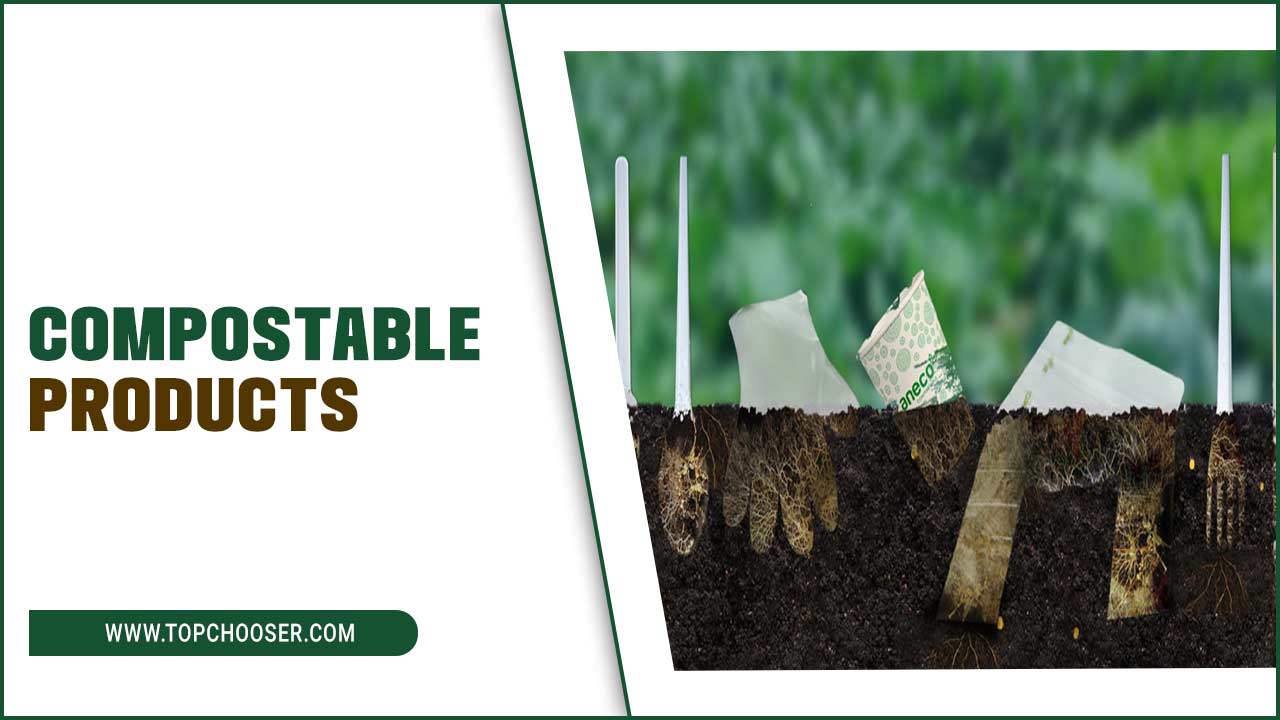
What Are Compostable Products
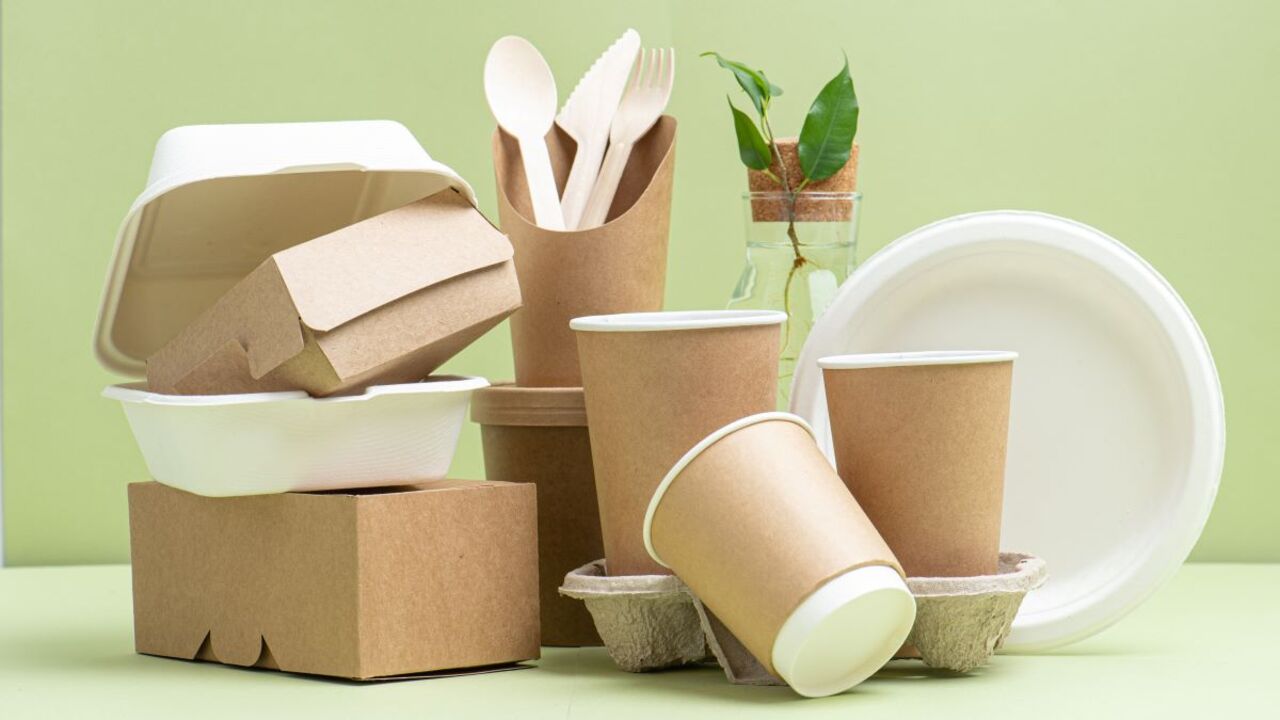
Compostable products broken down into natural elements by microorganisms under the right conditions. These conditions typically involve heat, moisture, and oxygen and found in a composting facility or a backyard compost pile. Unlike biodegradable products, which can break down over a long period of time and may leave behind harmful residues, these products break down completely and leave behind only organic matter.
Examples of this products include food scraps, yard waste, and certain types of packaging, such as paper and cardboard. Composting is a critical way to reduce waste and create nutrient-rich soil that use for gardening and farming. It is also a way to reduce greenhouse gas emissions, as organic waste that goes to landfill can produce harmful methane gas.
Step By Step Process To Use Compostable Products
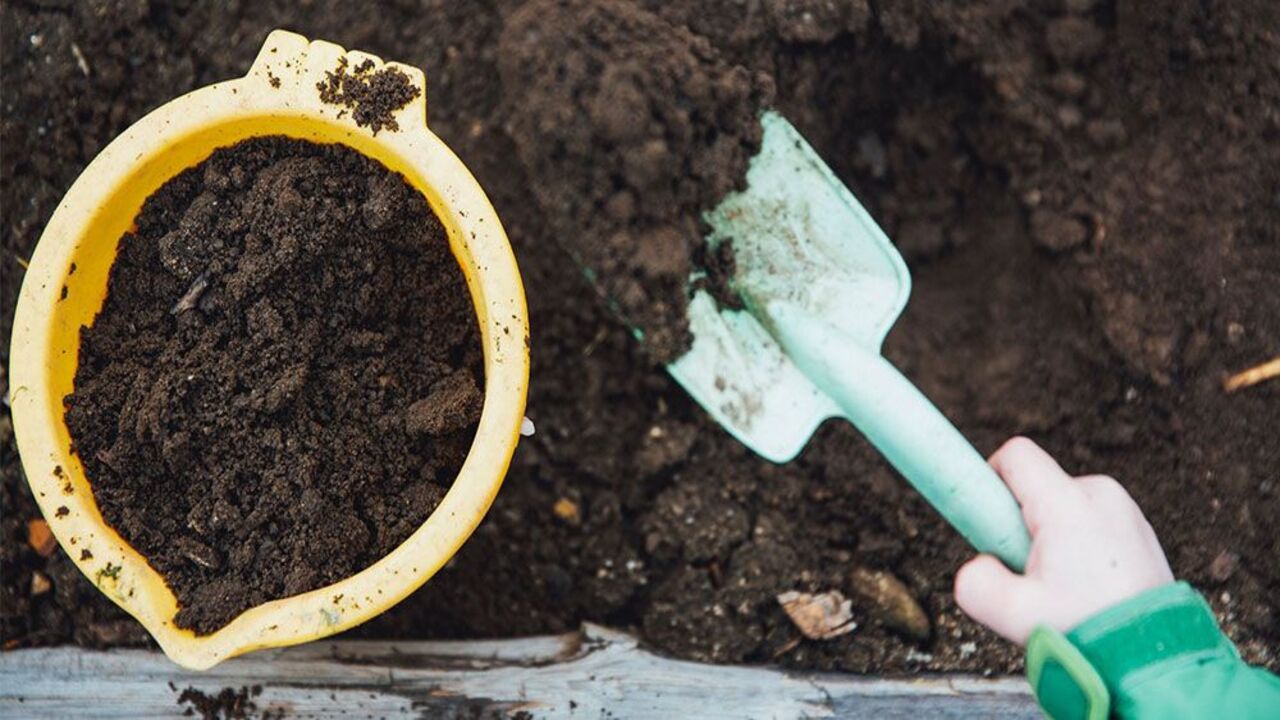
The benefits of using compostable products are numerous and varied. Perhaps the most obvious benefit is the positive impact on the environment. Composting is a natural process that breaks down organic matter into nutrient-rich soil. When we use compostable product, we are essentially providing the raw materials for this process to occur.
By doing so, we are reducing waste in landfills and helping to create a sustainable future. Another benefit of using compostable product is that they are often made from renewable resources. For example, many compostable product are made from plant-based materials such as corn, sugarcane, or bamboo. Here are 7 steps to help you use compostable product.
1.Understanding Compostable Materials
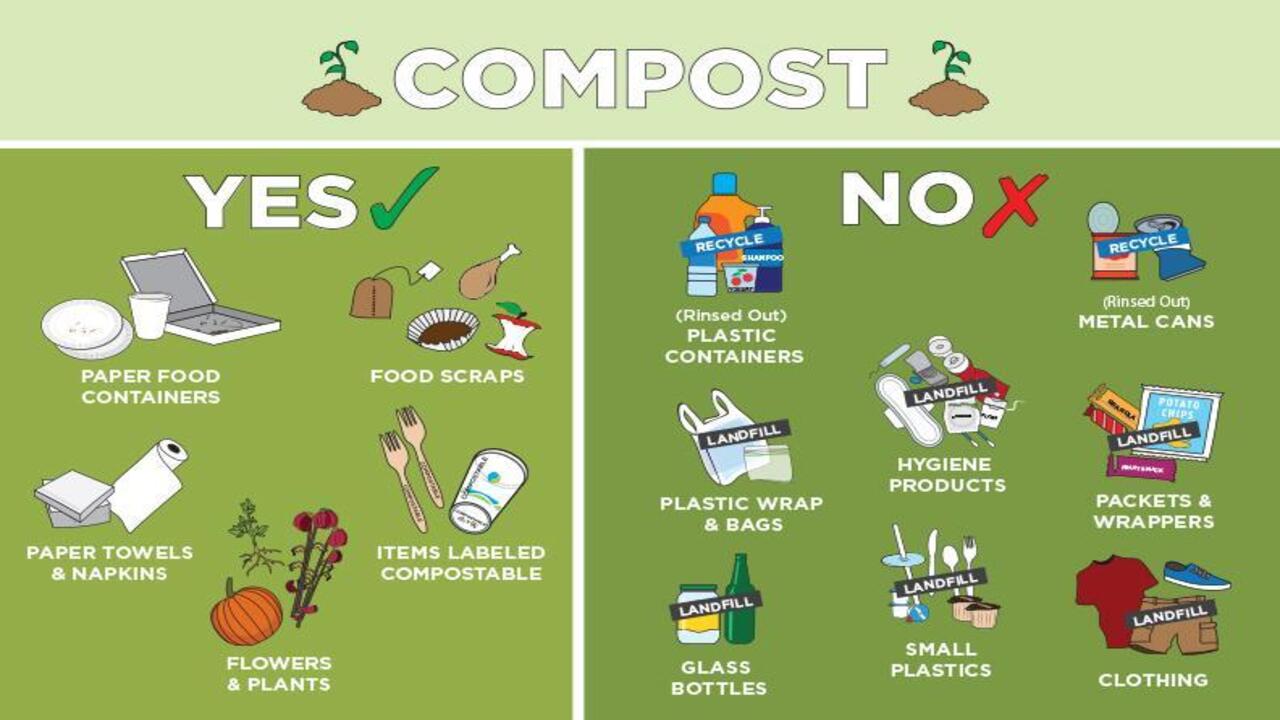
Understanding compostable materials is becoming increasingly important as we strive to reduce environmental impact. Composting is the process of breaking down organic materials such as food scraps and yard waste into nutrient-rich soil.
Compostable materials are those that can break down naturally in the composting process. These include fruit and vegetable scraps, eggshells, coffee grounds, and yard waste like leaves and grass clippings. Composting these materials instead of sending them to a landfill can reduce the methane gas produced by decomposing organic matter, contributing to climate change.
2.Choose The Right Compostable Products
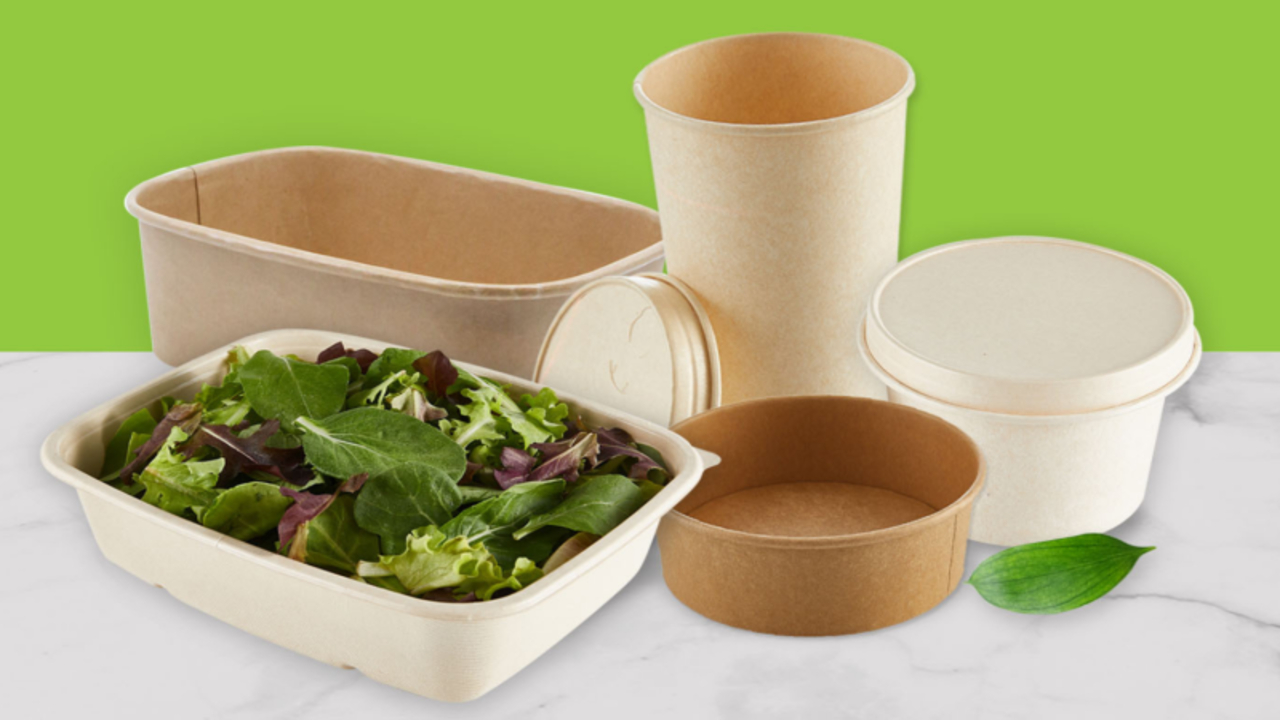
Choosing the right compostable product can make a big difference in reducing our environmental impact. When shopping for compostable product, look for those made from materials such as bamboo, cornstarch, or sugarcane. These materials are biodegradable and can break down quickly in a composting facility, leaving behind nutrient-rich soil.
w3It’s important to note that not all products labeled as “compostable” are create equal, so be sure to look for certifications such as the Biodegradable Products Institute (BPI) or the Compostable Logo from the European Bioplastics Association to ensure that the product meets specific industry standards. Additionally, consider the product’s packaging when choosing, as excessive packaging can offset the environmental benefits of a compostable product.
3.Check For Compostability Labels
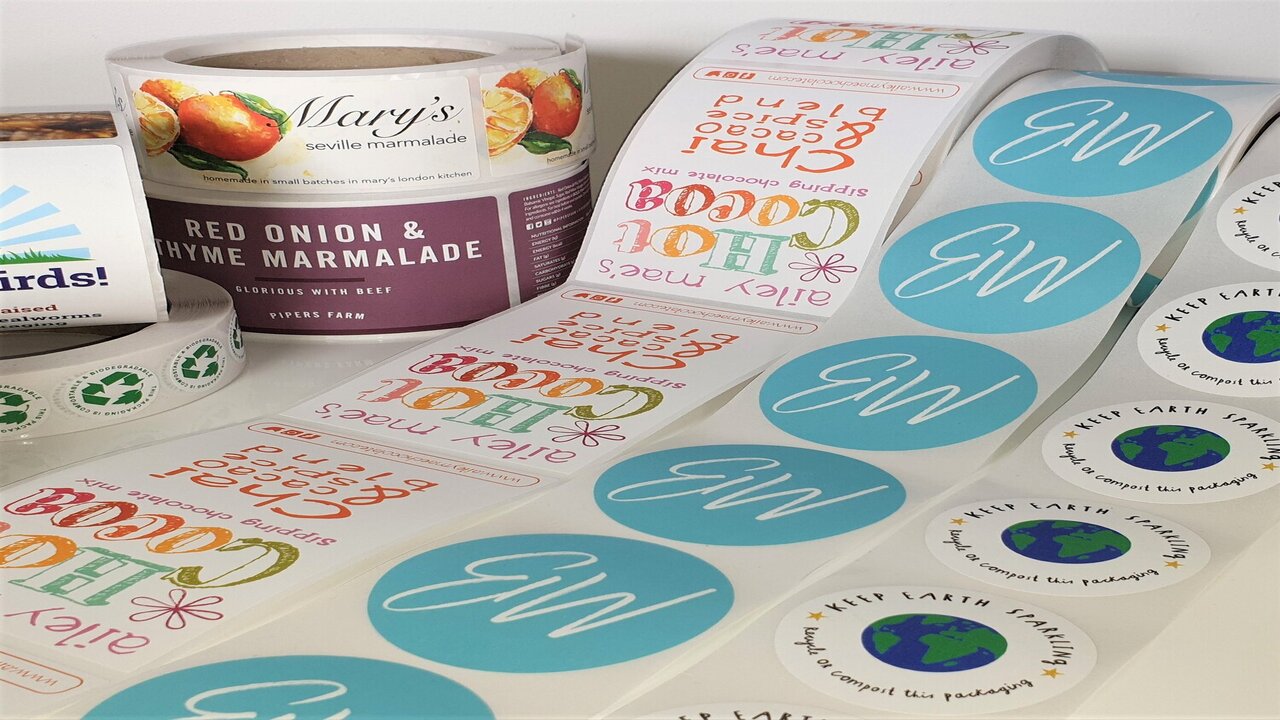
In today’s world, environmental concerns are a significant issue. People are looking for ways to live a more sustainable lifestyle, and one way to do that is by using compostable product. Compostable products are broken down into organic matter, leaving no waste behind.
However, not all products that claim to be compostable are. That’s why it’s essential to check for compostability labels before purchasing. These labels indicate that the product has been certified compostable by a recognized authority.
They assure the product will break into harmless organic matter, leaving no toxic residue behind. When shopping for compostable product, look for labels such as “BPI Certified Compostable,” “OK Compost,” or “EN 13432 Certified.” These labels ensure that your product meets specific standards and has been teste to ensure its compostability.
4.Proper Storage Of Compostable Products
Proper storage of compostable product is crucial to ensure their effectiveness in reducing waste and promoting sustainability. Composting is a natural process that requires the right mixture of organic materials, moisture, and oxygen to break down and produce nutrient-rich soil.
To ensure that compostable product like food scraps, yard waste, and biodegradable packaging are properly store, it is important to follow some basic guidelines. First, it is essential to separate compostable materials from other types of waste, such as plastic, glass, and metal.
This do using designated compost bins or labelled and clearly identified bags. Second, it is essential to keep compostable materials dry and free from excess moisture, which can lead to unpleasant odours and the growth of harmful bacteria.
5.Composting Compostable Waste
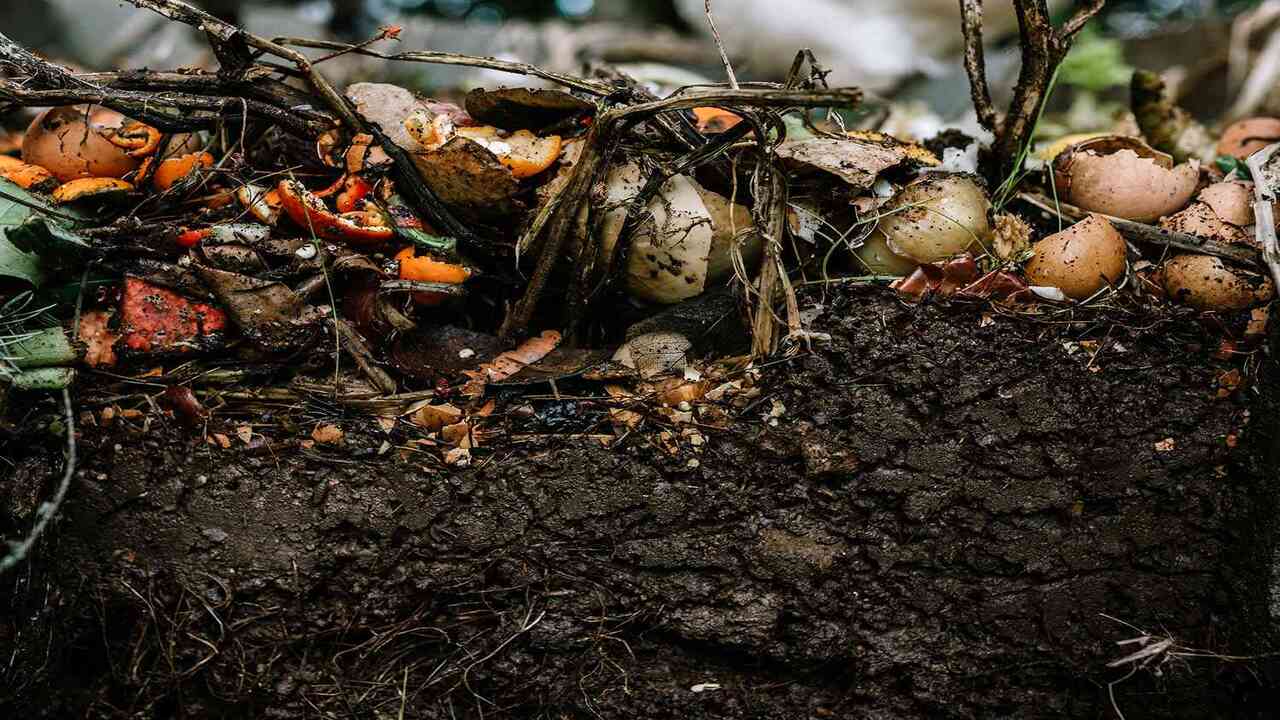
Composting is a process of converting organic waste into a nutrient-rich soil amendment that uses in gardens and farms. It is an eco-friendly way of reducing landfill waste and promoting sustainable agriculture. Composting do at home or in community gardens using various materials such as food scraps, yard waste, and paper products.
The key to successful composting is to balance nitrogen-rich “green” waste and carbon-rich “brown” waste. Compostable waste such as food scraps, leaves, grass clippings, and coffee grounds are ideal for nitrogen, while dry leaves, straw, and shredded paper are great carbon sources. These materials are layere and mixe to create a healthy environment for microorganisms to decompose waste into a rich soil amendment.
6.Compost Application And Benefits
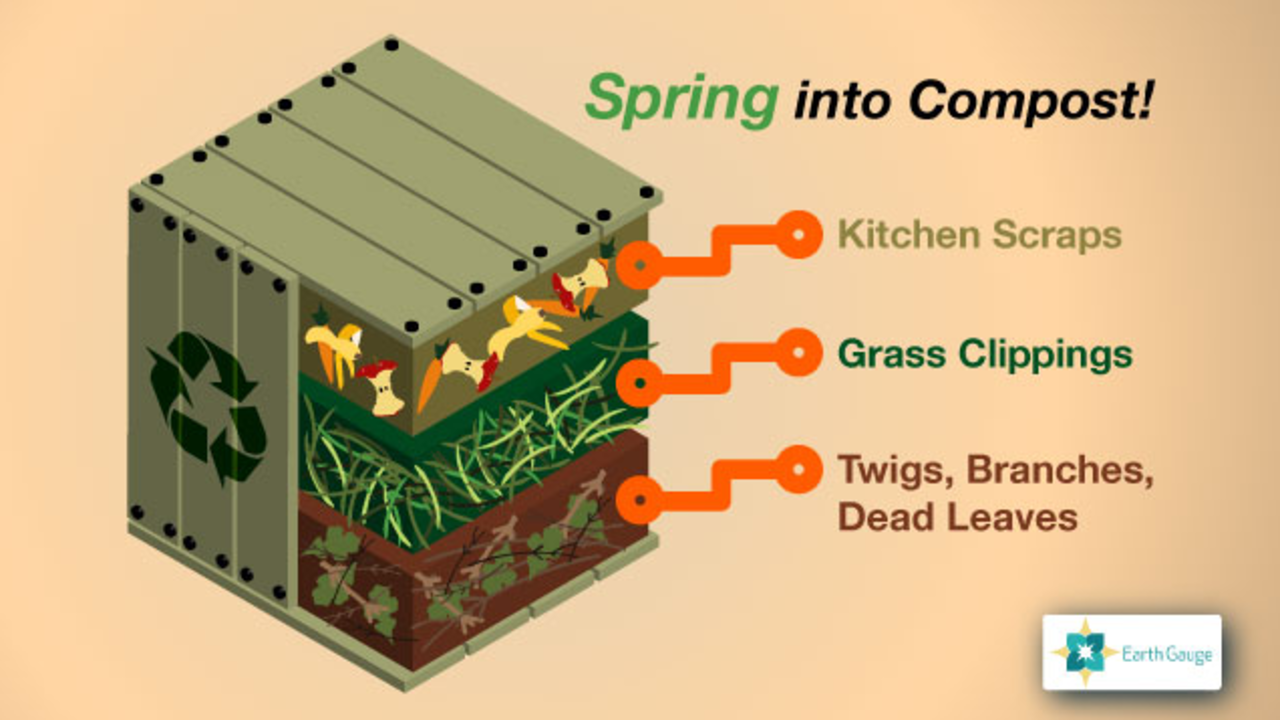
Compost application is a process that involves adding a mixture of decomposed organic matter to the soil, promoting the growth of plants and providing a range of benefits to the environment. Composting is an excellent way to recycle organic waste, as it reduces the amount of waste that ends up in landfills and produces nutrient-rich soil amendments that can improve soil fertility.
Applying compost to gardens, lawns, and agricultural lands can improve soil structure, water retention, and soil aeration, leading to better plant growth and healthier ecosystems. Additionally, using compost can reduce the need for chemical fertilizers and pesticides, which can harm the environment and human health. The benefits of compost application extend beyond improving soil quality and reducing the need for chemicals.
7.Solutions For Compostable Products
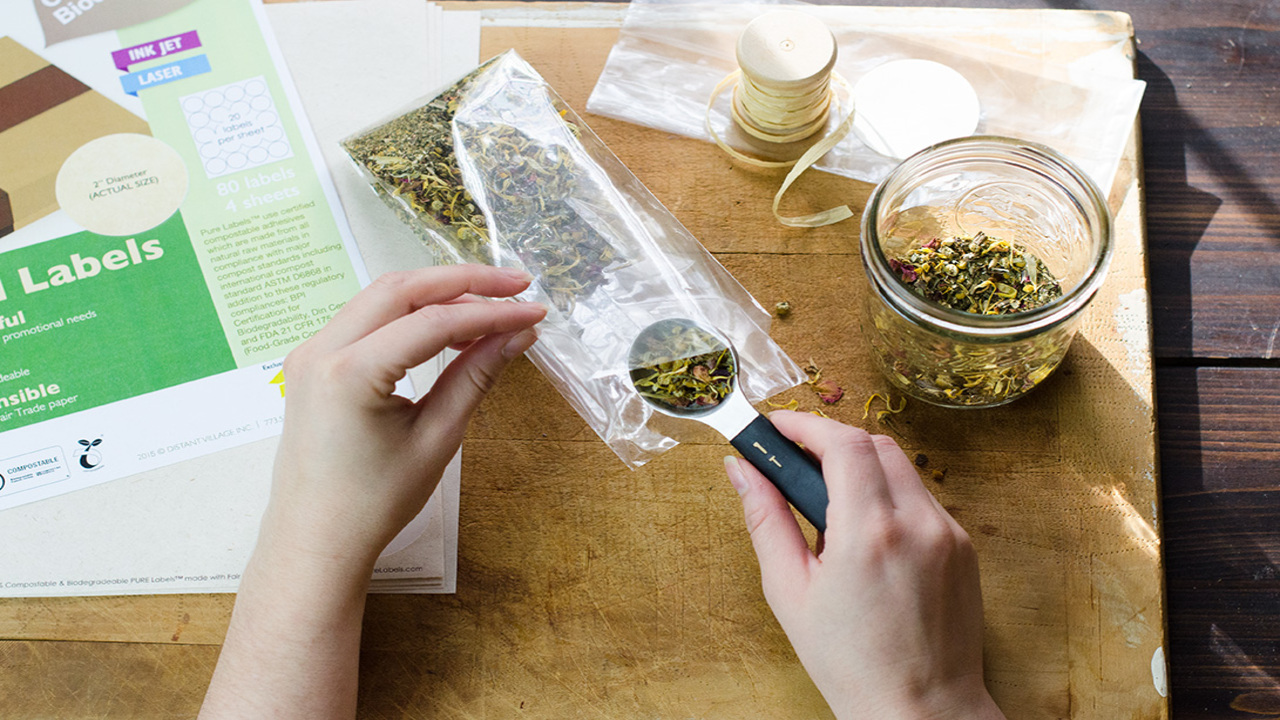
the need for sustainable and eco-friendly products is more important than ever. Compostable products, in particular, have become a popular alternative to traditional single-use items such as plastic utensils and straws. However, with the rise in demand for compostable product, there is also a need for proper solutions to dispose of them.
Compostable items can end up in landfills without proper disposal methods and take just as long to decompose as traditional plastics. Therefore, companies and individuals need access to solutions for compostable product disposal. One solution is community composting programs, where individuals can turn their compostable waste into nutrient-rich soil.
Another solution is the use of industrial composters, which can process large quantities of compostable waste in a short amount of time. Companies can also consider implementing compostable waste collection programs and partnering with waste management companies specialising in composting.
Conclusion:
The use of compostable products is a powerful testament to our commitment to a greener, more sustainable world. By making conscious choices daily, spreading awareness, and supporting eco-friendly alternatives, we contribute to a cleaner environment for current and future generations.
Remember, every little bit counts when it comes to reducing our environmental impact. Whether it’s composting your food scraps or choosing to use compostable plates at your next BBQ, every small action helps in the fight against waste. Let us embrace the potential of compostable product, and together, we can pave the way towards a more sustainable and harmonious future.
FAQ:
1.What Are Compostable Products Made From?
Ans: Compostable product are made from organic materials like cornstarch, sugarcane, or plant fibres, which can naturally break down into compost. This composting process helps reduce the amount of waste that ends up in landfills and can be used to create nutrient-rich soil for gardens and farms.
2.How Do I Identify Compostable Products?
Ans: Look for compostability labels or certifications on the product packaging, such as the “Compostable” logo, which indicate that the item can be composted. If unsure, you can also contact the manufacturer or retailer or check the product website for more information.
3.Can I Compost Compostable Products At Home?
Ans: Some compostable products are suitable for home composting, but for better results, it’s recommended to use industrial composting facilities. Not all compostable products are suitable for home composting. To achieve the best possible results, it is recommended to use industrial composting facilities.
4.What Should I Do With Compostable Waste After Use?
Ans: Separate compostable waste from regular trash and place it in a composting bin or facility. This ensures proper decomposition and nutrient-rich compost. Ensure to keep your compost bin in a dry, shady area and that it is well aerated to aid in decomposition.
5.Are Compostable Products More Expensive Than Regular Items?
Ans: Compostable product may be slightly more expensive due to their eco-friendly production methods, but their environmental benefits justify the cost. However, the environmental benefits of using compostable products far outweigh the extra cost.

I am passionate about home engineering. I specialize in designing, installing, and maintaining heating, ventilation, and air conditioning systems. My goal is to help people stay comfortable in their homes all year long.
